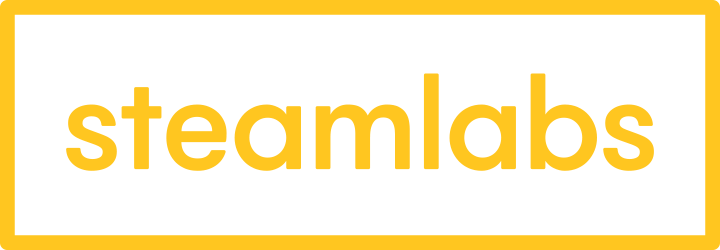Lifelong Kindergarten Guidebook
Jul 02,2019Lifelong Kindergarten by Mitch Resnick is a fantastic guidebook for educators on facilitating learning through creative making. His wealth of experience at MIT developing LEGo Mindstorms, the Scratch video game coding platform and more have been poured into this great book.
Mitchel Resnick has long been an inspiration to those of us who study the roots of innovative thinking. Lifelong Kindergarten is not only essential reading for educators trying to cultivate 21st-century skills in the classroom; it’s also a vital resource for anyone — parents, entrepreneurs, artists — interested in the creative mind at work and at play.
MORE EDUCATOR RESOURCES
view all resourcesJuly 2, 2019
The goal of this teaching kit is to enable anyone to create Internet of Things Robots! Digital literacy is an important topic that everyone should learn. Our world is increasingly build out of devices that are programmed. If you don’t know how to create them, you are stuck only being able to consume other people’s ideas. This kit was made possible through support from the Canadian Internet Registration Authority’s (CIRA) Community Investment Program. Many teachers feel that they need an extensive programming background to teach programming to kids. There is very little freely available, compelling kids programming curriculum that shows them how to teach this topic. That is why a main target audience of this teaching kit is non-expert teachers. Anyone should will be able to use this teaching kit along with inexpensive hardware to teach kids to make amazing Internet of Things projects! Even if you already know how to code, teaching programming to others can be daunting. When teaching robotics to kids, we find that one of the biggest challenges is to keep their interest long enough to do something awesome. The electronics, code, and mechanisms necessary to accomplish their ideas can be complex, with a lot needing to be completed before they can see anything working. So another important target audience for this teaching kit is non-teachers.
July 2, 2019
STEAMLabs developed the Robotic Power System activity guide to help teachers bring high tech 3D printing, electronics, Arduino robotics coding and web HTML coding into their classrooms. This activity also covers portions of the Ontario grade 6 science, art and math curriculum. The activity guide shows how to use these technologies to build a model of Ontario’s power system. It uses live power production data to light up an LED display of 3D printed buildings to show our current power production mix. A web interface teaches visitors more, and lets them choose which day’s power to display, and activate the motors on the power stations.
July 2, 2019
Maker Ed is a US non-profit organization that provides educators and institutions with the training, resources, and community of support they need to create engaging, inclusive, and motivating learning experiences through maker education. We were a part of their working group to develop a Youth Makerspace Playbook. It starts with the maker education philosophy, and goes in to designing places and activities to support this.



